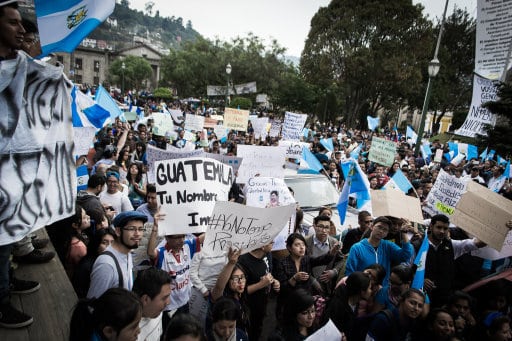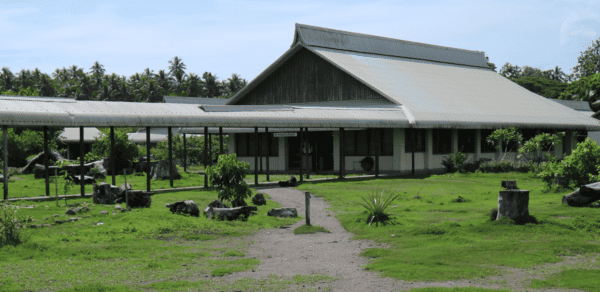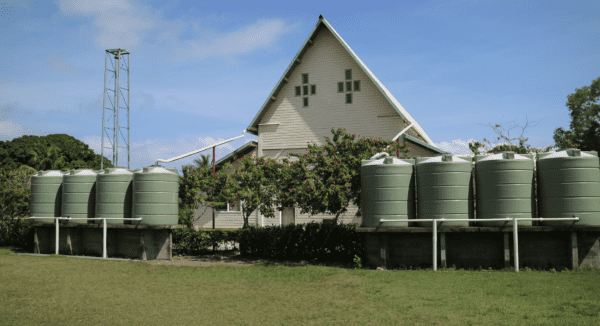Image: ©ROSENDO CASTILLO/NEWZULU/PA.
Guest post for Prospect
Few challenges in international development ignite as much passion as corruption. Perhaps ironically given the recent Panama Papers scandal, the UK government has encouraged the “zero tolerance” approach to corruption in international development. This approach may be the ideal, but an effective strategy for tackling corruption must acknowledge that it is a social and political problem, rather than purely a moral one.
In March, we contributed to the UK parliament’s International Development Committee inquiry on tackling corruption overseas. In our evidence, we argued that corruption in the developing world is not the worst of all evils—and that it cannot be wiped out without collateral damage.
Some examples can illustrate why. In places where violence is an ever-present threat, such as Afghanistan, Nepal and Pakistan, corrupt patron-client networks are often the sole source of security and safety. Bargains between local elites, service providers and insurgents can be the only way forward. Research by the World Bank and others suggests that it may be necessary to tolerate corrupt practices to ensure the delivery of services such as health, transport and utilities.
What is more, corruption doesn’t necessarily inhibit macroeconomic growth. At the micro level, corruption certainly adds to the cost of domestic investment and business productivity and performance. Yet countries with highly variable levels of corruption have still managed to have prolonged periods of economic growth (for instance, Botswana, Brazil, Cambodia, China, Ethiopia, Indonesia, Mexico, Rwanda, South Africa and Vietnam). Some have also made important progress in the fight against poverty.
The key lesson here is that palm-greasing and the selective allocation of assets and wealth by those who control the gateways to trade, resources and influence isn’t necessarily damaging in itself. What matters more, in terms of how damaging corruption is, is how that process is managed. For instance, are there mechanisms in place to ensure that beneficiaries of such unearned income funnel it back into domestic growth in one form or another? (Rwanda is a good example of this) Or do they siphon it off into distant tax havens—or, indeed, into prime London real estate?
Undoubtedly, corruption undermines legitimacy and trust in public institutions. Over the past decade, many countries including Brazil, Egypt, Guatemala and Ukraine have seen public demonstrations against corruption. In Brazil and Guatemala, these mass protests may be helping to re-articulate the links between state and society along more accountable and representative lines, even if the process is fraught with difficulty. Yet as the fate of some Arab Spring countries demonstrates, the backlash against corruption can open the door to movements like the Taliban and Isis, a cure far worse than the disease.
These examples show that it is too simplistic to say that just because corruption is bad, all efforts to combat corruption are good and unproblematic. Where does this leave the “zero tolerance” approach to corruption in the developing world? A more nuanced approach would be to focus on results, and put up with some corruption if things are working well.
It is not sufficient to blame every dysfunction in political systems across the developing world on corruption, without exploring that donor countries may be acting inadvertently as enablers. We know, for example, that foreign policy imperatives can undermine efforts to combat corruption. In Britain, tackling corruption in fragile states cannot be the exclusive remit of the Department for International Development. A cross-departmental approach is need to tackle these challenges.
On 12th May, Prime Minister David Cameron will host a global anti-corruption summit in London. It offers the UK government an opportunity to show real leadership on this issue. And given the revelations in the Panama Papers, if we’re serious about rethinking corruption, reform needs to begin closer to home.











